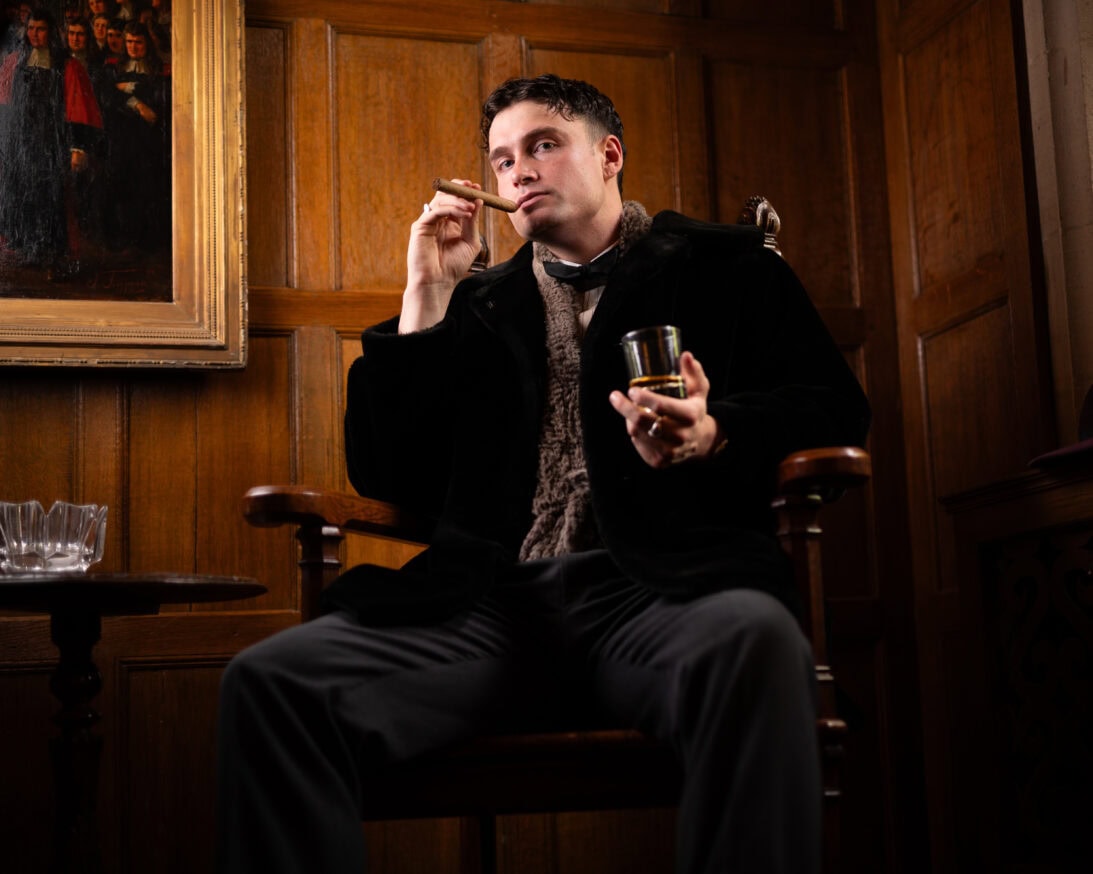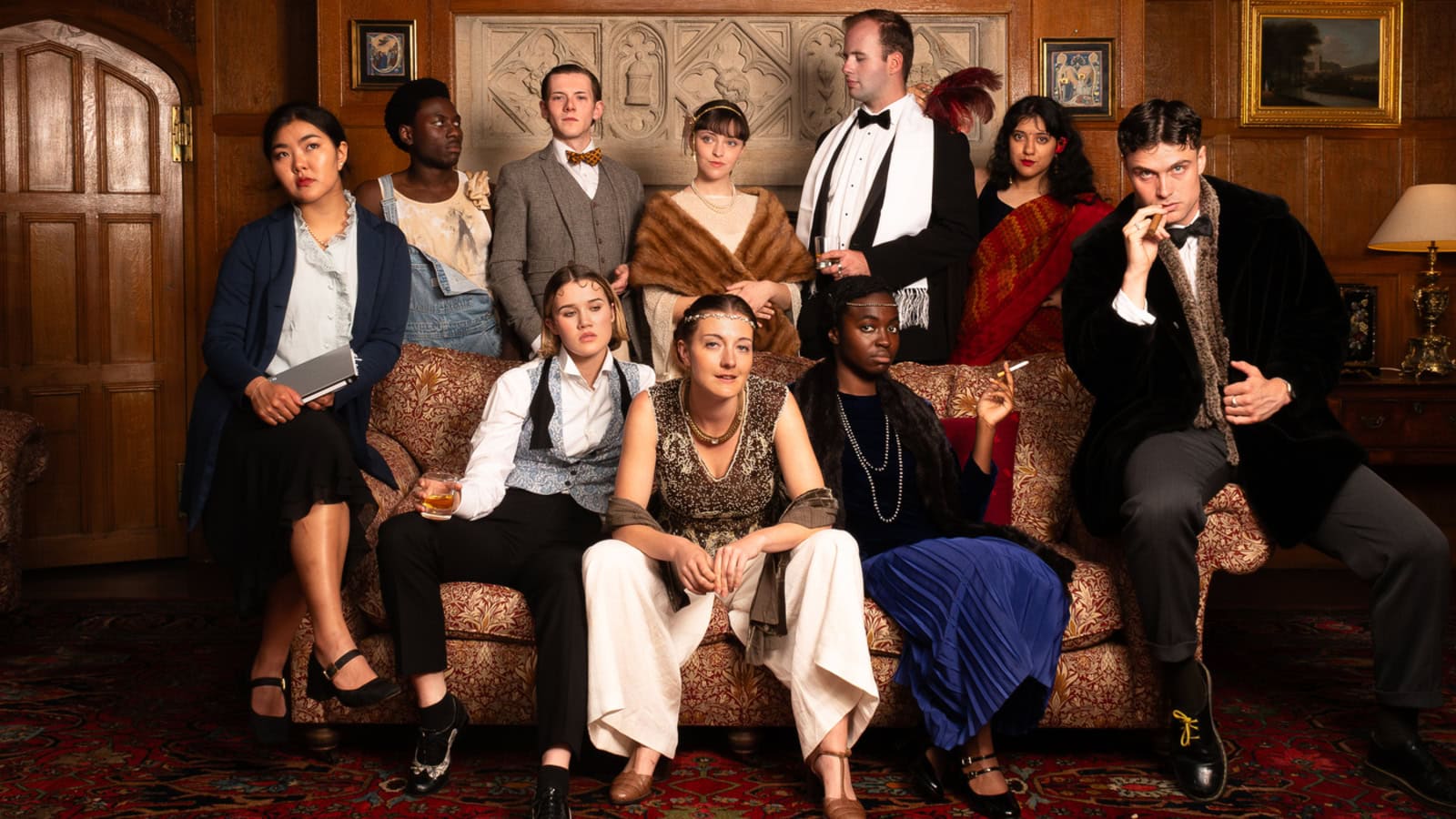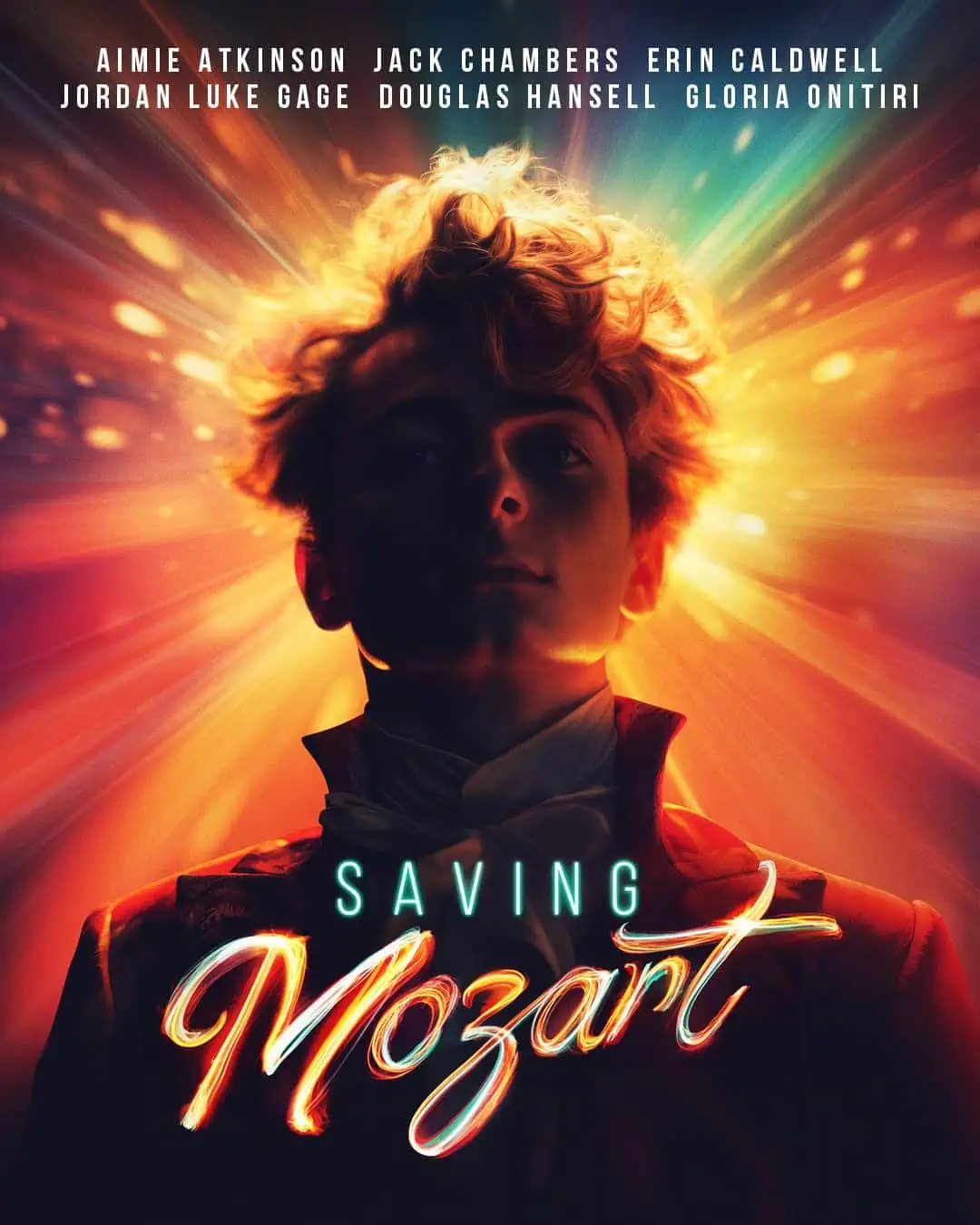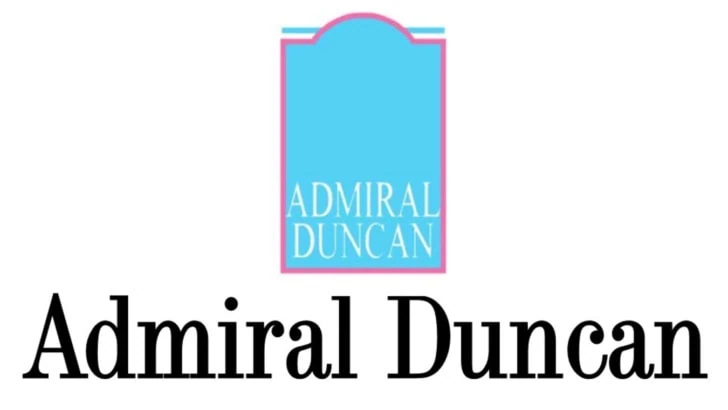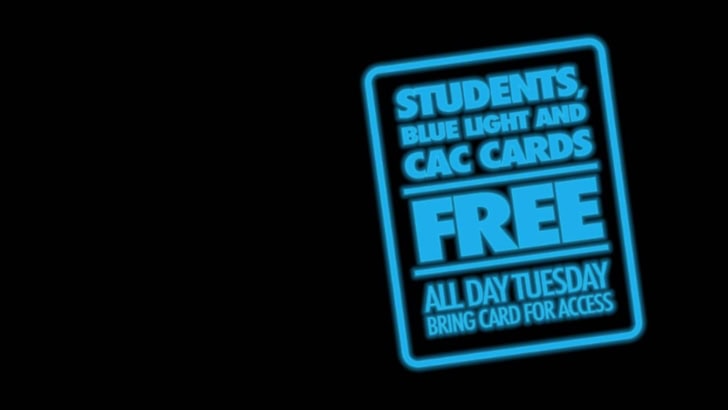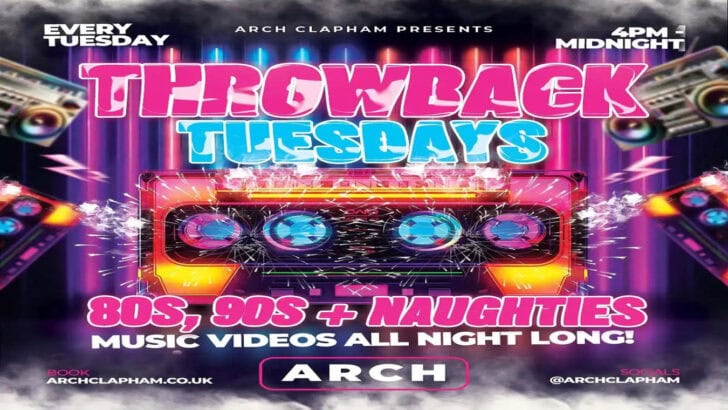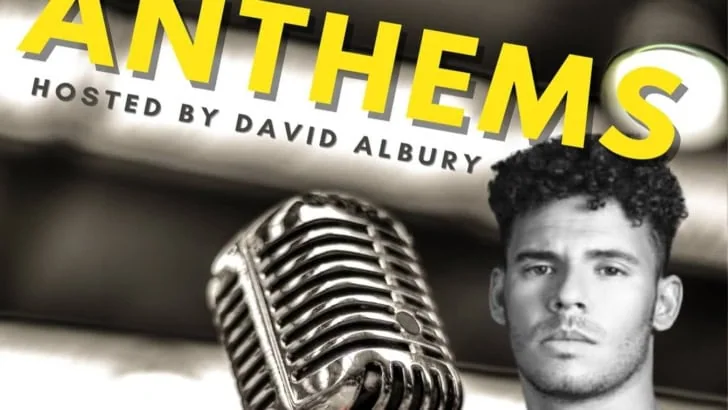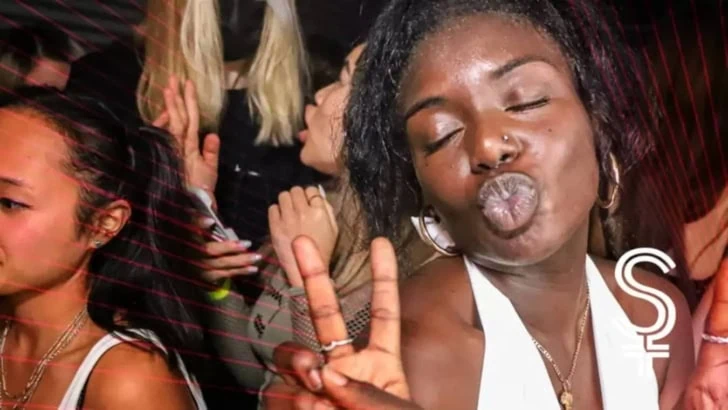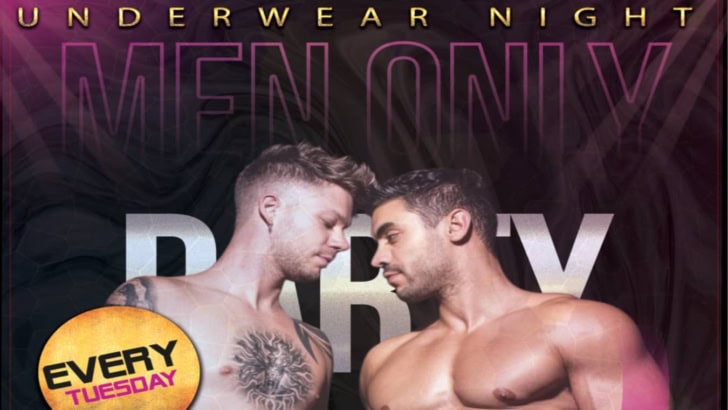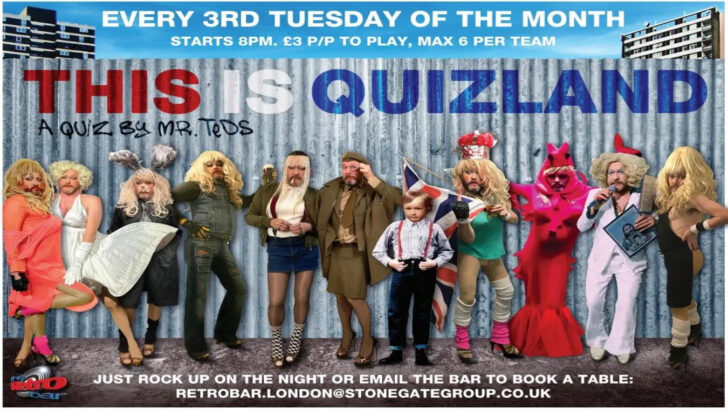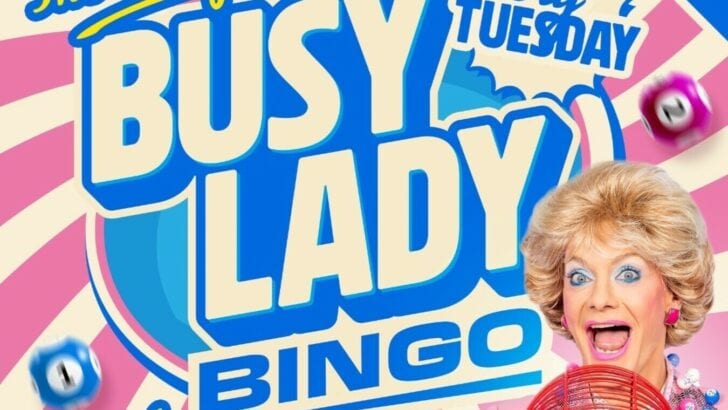Queering the central love story between Daisy and Gatsby, this bold production of The Great Gatsby will shine a light on how the LGBTQIA+ community navigates status and power imbalance, revealing how these themes still ring true today. This daring adaptation will explore the mysterious socialite Gatsby as she struggles with her identity, as well as exploring themes of racism (often unexplored by adaptations), the lived experience of the working classes and the silenced queer experience of the 1920s. This feminist retelling of the classic 1920s tale will present Gatsby as you have never seen before!
QX spoke to Mina Moniri and Peter Todd at Scar Theatre about this fabulous retelling of the classic The Great Gatsby.
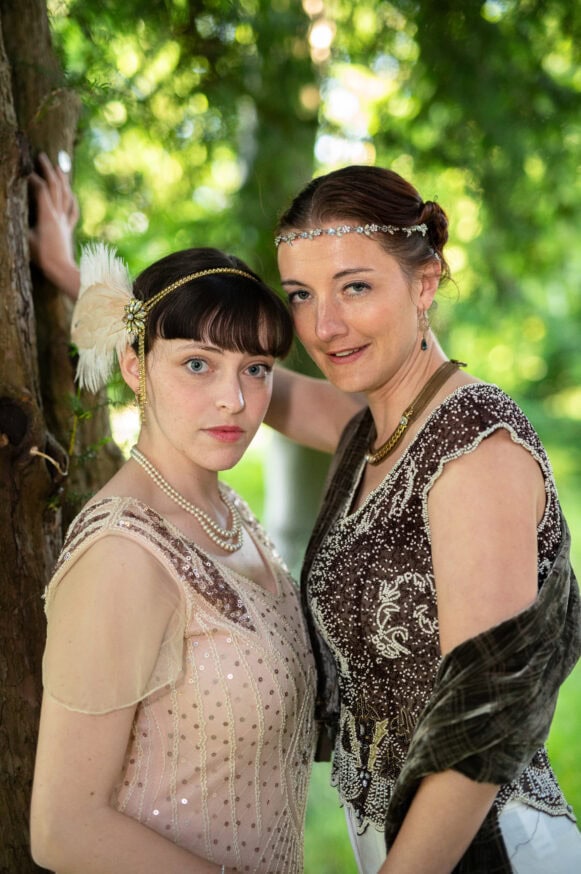
Tell us more about the creative process behind The Great Gatsby. How did you go about writing and producing it?
We were looking to bring a little queer spice to a classic story while reinventing it for the stage, and we stumbled across the idea of making Gatsby a woman. There has always been something stirring and hopeful about The Great Gatsby, but this choice adds so many nuanced layers to an already opulent plot. Queering the central love story of The Great Gatsby beautifully warps the metaphor about the American Dream into a broader longing for equality. It also pays homage to the silenced queer experience of the 1920s and the long list of incredible women who did extraordinary things to push back against the limits of society. We did some research and couldn’t believe our eyes when we couldn’t find anyone who’d adapted Gatsby for the stage in this way. We knew we had to do it.
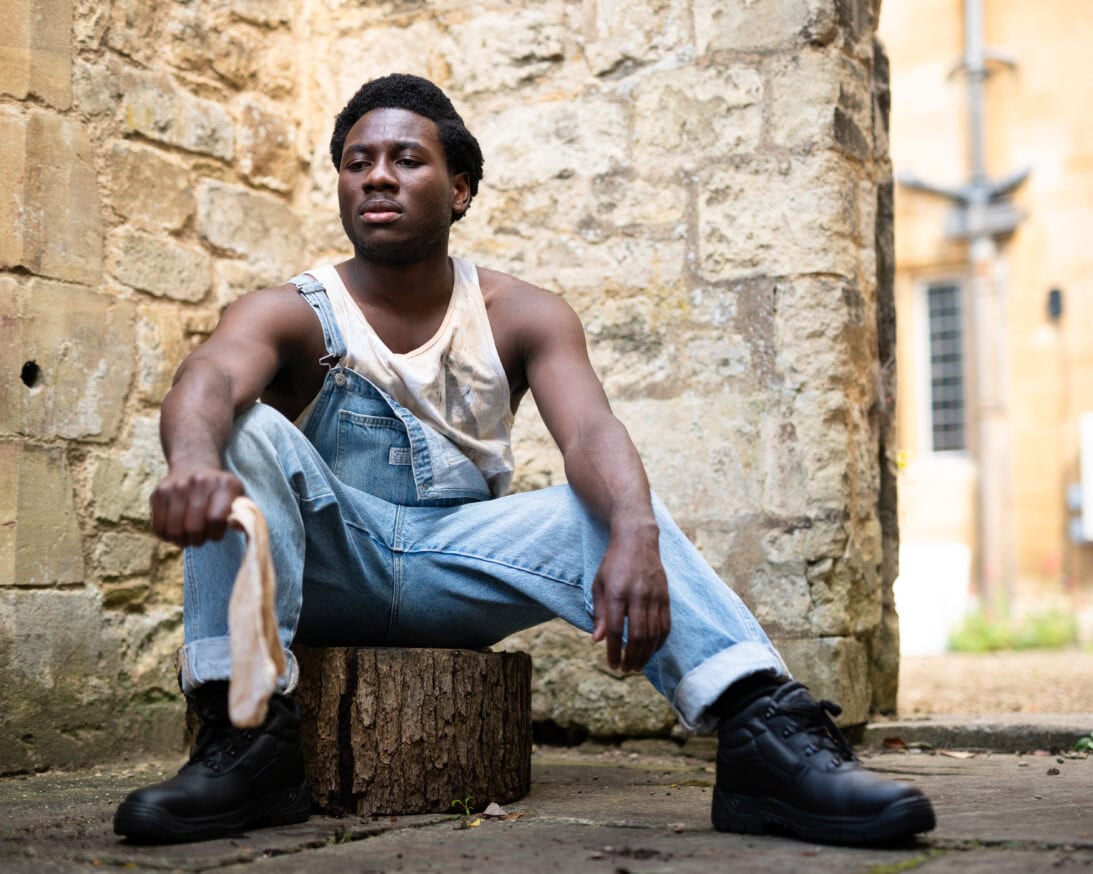
Producing such a well-known novel was always going to come with its own challenges, and we knew that moving the production to London, though exciting, would come with even more specific issues. Transferring the show from its original run at the Oxford Playhouse to a smaller, more intimate venue like the Cockpit has given us so much to think about behind the scenes, from staging to lighting and a huge overhaul of the set. Being in the round means we’ve been able to bring this larger-than-life story to a much more intimate and personal level, which has been an enjoyable challenge to navigate.
What key issues does the adaptation of The Great Gatsby explore?
We’ve made sure to preserve everything that makes the original so elegant and powerful, from the costumes to the orchestrations of the music at Gatsby’s parties to its cutting-class critique. Our adaptation seeks to explore more deeply some of the inequalities and injustices of the characters’ lives and challenge Fitzgerald’s position as the author (where some scholars believe that his wife, Zelda, was the source of some of his best writing). We’re exploring hope, decadence and deceit. It’s love, lust and lies in the Jazz age.
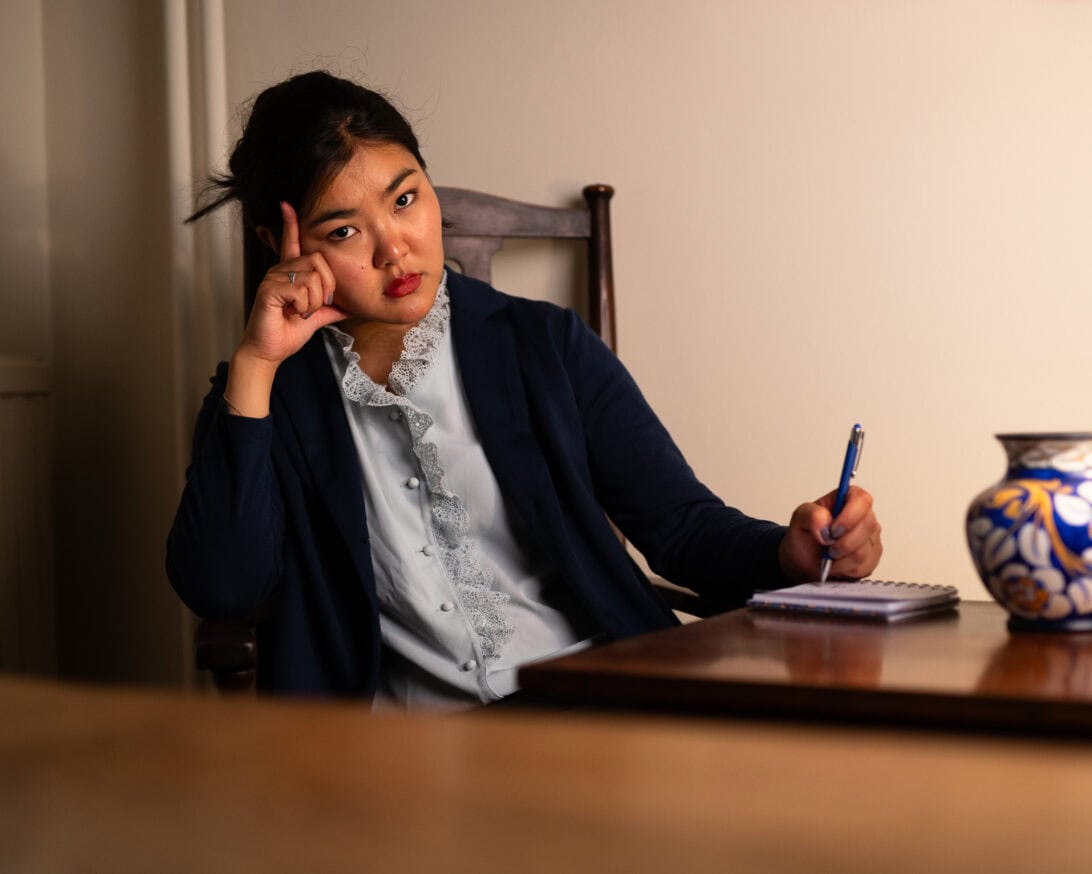
What makes your adaptation different from others?
Many scenes and moments in our adaptation simply don’t exist in the original text. We’ve expanded on the characters of George and Myrtle, written scenes of revenge and grief, and tied it all together with a beautiful movement language inspired by nature. It shifts seamlessly between memory and reality, examining the lies we tell ourselves and others to become the people we want to be. And the love story is sure to resonate afresh in our audience’s hearts, especially for the queer people among us!
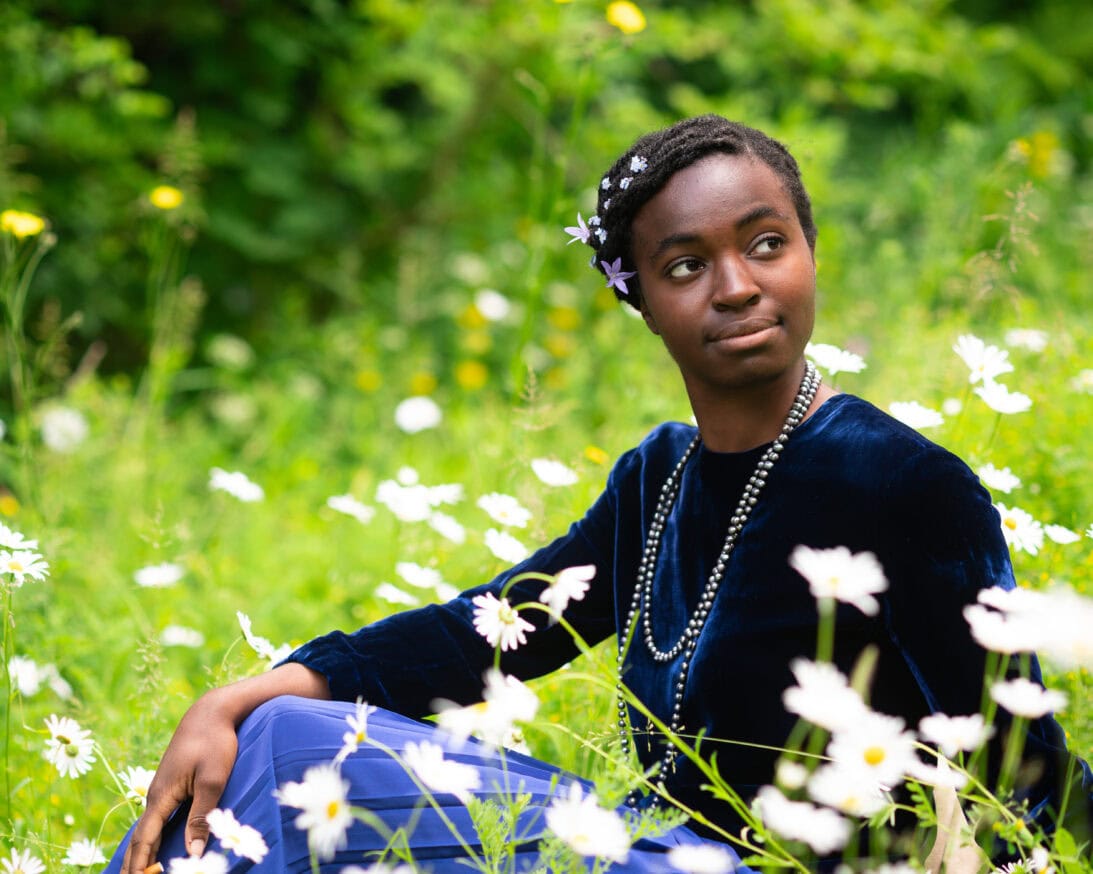
How does the show have a positive impact on both audiences and the creatives involved?
The show has been a labour of love since we first started writing it. From our first drafts and back-and-forth edits to our opening night last summer, every step of the way has been imbued with such joy and excitement – both onstage and off. The cast – both old and new – have made friendships that endure beyond the stage, and our creative team behind the scenes has become an unstoppable unit, solving problems on the spot and filling in gaps whenever needed. Our audiences will leave this show having seen not only the classic novel we all know and love but also with a new lens that rediscovers those same characters in a previously unseen light. We hope it will make our audience re-examine their own attitudes and preconceived notions of these characters and where they stand in ‘The Great American Dream’.
The Great Gatsby runs from 28 November to 14 December 2024, at The Cockpit Theatre, Gateforth Street, London NW8 8EH, United Kingdom.
All image credits Freddie Houlahan courtesy of The Great Gatsby
